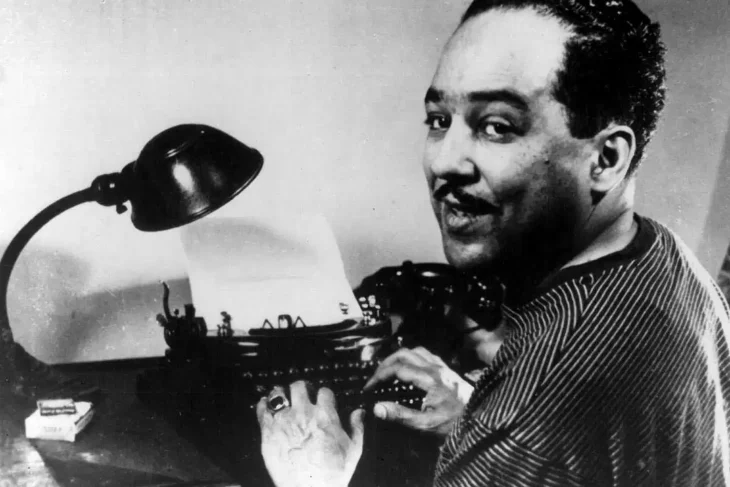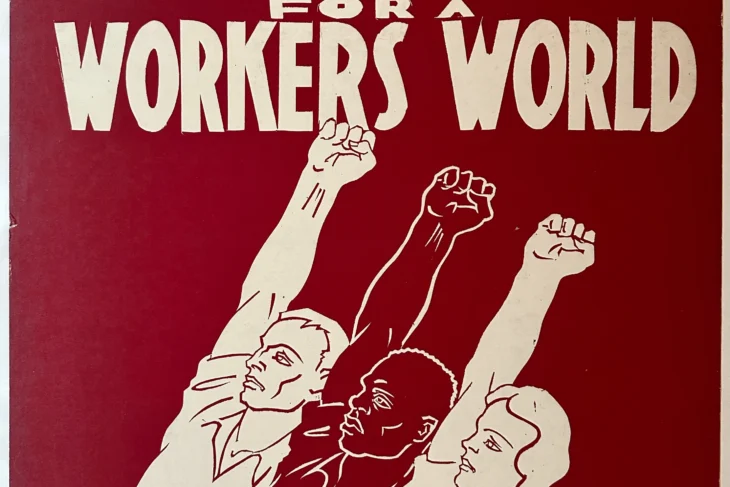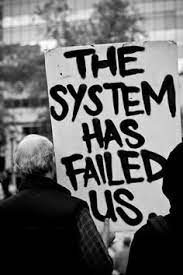Listening to RJR’s Beyond the Headlines programme on the evening of Friday August 16, 2019, I heard Senator Dr. Andre Haughton, University of the West Indies (UWI) lecturer, speaking contemptuously of Jamaica’s failure to remove the “bad word” law from its books. He argued that words such as ‘murder’ and ‘rape’ were the real bad ones and should not be confused with those normally held as indecent by our courts of law for, after all, the latter were mere synonyms for sanitary napkins. He argued for the designation of special zones, at least, for Rebel Salute type events where entertainers could dabble freely in the vocabulary without any fear of prosecution.
First, the goodly gentleman ought to make sure he gets his definitions right. If by ‘sanitary’ he means ‘disposable’ he has got it all wrong for the early b…. c….s were neither sanitary nor disposable. Like any other item of clothing, they had to be laundered, spread out to dry, retrieved, folded and put away until next wear.
Second, he has to make up his mind about the true pedigree of the classical Jamaican bad words for if b…. c…. and r… c…. are indeed nice words their usage ought not to be confined to zones of special entertainment. If the larger events like Sumfest and Rebel Salute (already declared a legal ganja smoking space) can derive increased patronage because of expletive laced offerings, on what basis would the smaller operators be denied their fair share? And where would one draw the qualifying line? Surely such a half-cocked solution would be untenable.
Only a full roll out would suffice. With that, the newly emancipated words would be equally acceptable from the church pulpit, in our courts of law and in our schools. In such a scenario we would see our more creative evangelists arming themselves with additional ammunition with which to appeal to the corner youths: “Listen up breden, yu nuh si di b…. c…. world soon end? Is time to find unuh r… c…. self in a some church – my church – before all a unuh dead and end up in a blood fire!”.
And from Gordon House we could hear the Most Hon, Prime Minister delivering his next Budget Speech, patting himself on the back, in full pre-election campaign flight: “This government will be taking its road improvement programme to a new b…. c… level this year. No one dares deny that the infrastructural progress achieved over the last two years under my government has been unprecedented under any previous r…. c…. government”.
And think how the Minister of Finance could immediately use the opportunity to raise his credibility rating: “We have abandonned the elusive 5 in 4 dream and have finally accepted that only Central Bank intervention can slow the unrelenting march of the intractable r…. dollar. But we are very much on target because we are successfully targeting the inflation b…. c…. and will be cornering it anytime now. Mi only hope sey di foreign exchange reserves nuh run out before we nail this b…. c… inflation”.
Dr. Haughton is being however advised that he should promote his recommendation with caution. The implications of these gender biased cuss words may be more far reaching than initially meets the eye. It was not so long ago that a former Transport Minister invoked the ire of an assembly of some toll protesting Portmore residents when he irreverently asked a particularly strident male protester whether it was his ‘time of the month’. While the outrage reverberated widely across the country, the Minister probably fared exceedingly better than he would have, had he merely commented, “Man, yu r…. c….!”
Profanity decorated language is normal for many Jamaicans and will continue to be so at all costs. Its usage has even been celebrated for its shock and awe value as a remedy for poor customer service. However it is, for the most part, conflict driven, inflammatory and the harbinger of grievous physical violence. Seeking to legitimize it is both irresponsible and counterproductive and certainly not cute.
‘Punditocracy’ was this morning’s (August 20, 2019) Nationwide Radio word of the day. It means, ‘an elite or influential class of experts or political commentators’. Main stream media personnel should seek to widen the UWI punditocracy to which they tend to gravitate for comments every time a controversial subject pops up. It may surprise them to discover that there are still persons in that space with wholesome traditional views.



